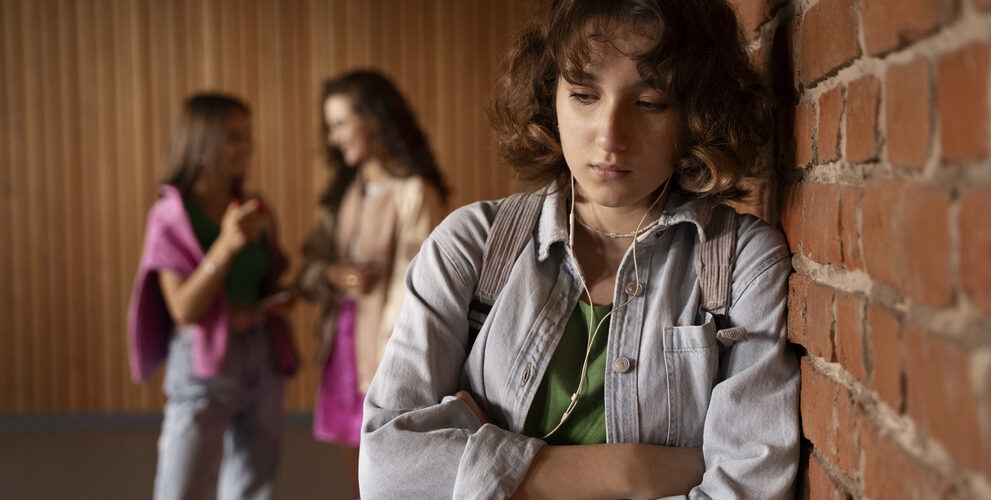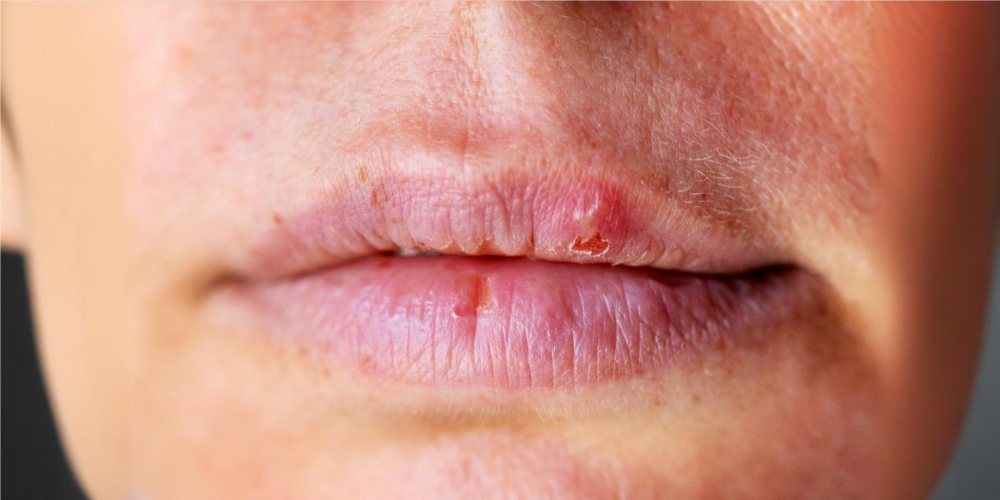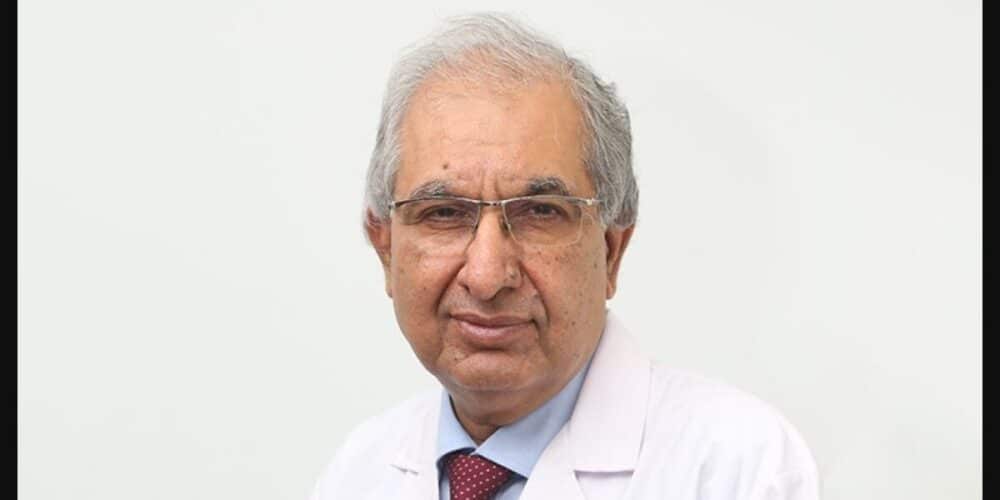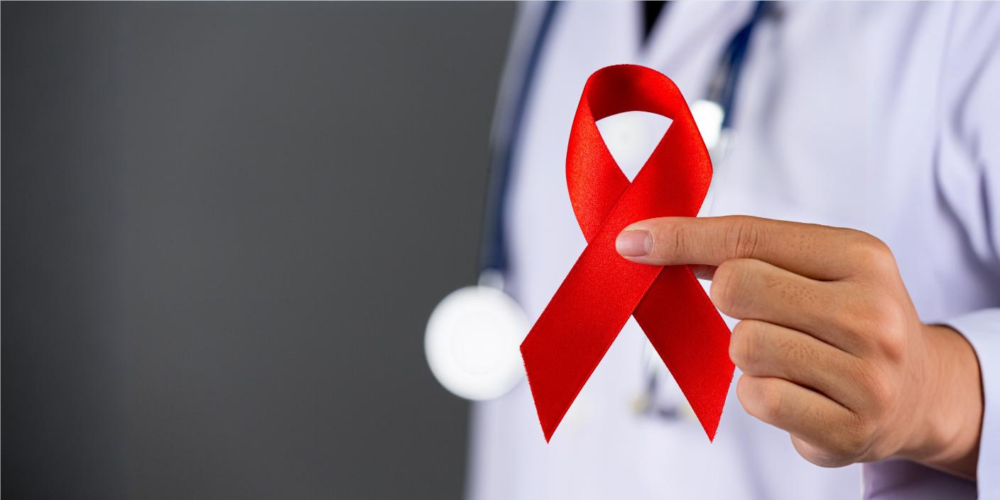Study links social media to teen depression
Researchers tracked nearly 12,000 children and found a clear link between screen time and depression
Author
Author
- admin / 8 months

- 0
- 2 min read

Author
Increased social media use among preteens may contribute to higher levels of depressive symptoms over time, a new study published in JAMA Network Open revealed.
This cohort study, conducted by a team led by Jason M. Nagata from the University of California, San Francisco, tracked nearly 12,000 children aged 9 to 13 over three years, shedding light on the potential mental health impacts of social media during early adolescence
The study found a clear association between the amount of time preteens spent on social media and an increase in depressive symptoms one year later. Researchers collected data from the Adolescent Brain Cognitive Development (ABCD) Study, a large-scale, ongoing project tracking youth development across the United States. Participants reported their daily social media use, and their depressive symptoms were assessed using standardized mental health questionnaires.
More screen time, more depression
The findings show that for each additional hour spent on social media, preteens experienced a measurable rise in depressive symptoms over time. Notably, the study found no evidence to show that depressive symptoms led to increased social media use. This makes it a unidirectional relationship where social media engagement may drive mental health challenges rather than the other way around.
“The findings suggest that more time spent on social media during early adolescence may contribute to increased depressive symptoms over time,” the researchers noted.
These findings are consistent with prior studies that have found associations between social media use and depression. The study also advises clinicians to offer proactive guidance to families about the potential mental health impacts of excessive screen time and social media engagement.
Also read: Solastalgia in India: Climate Change’s Mental Health Impact










